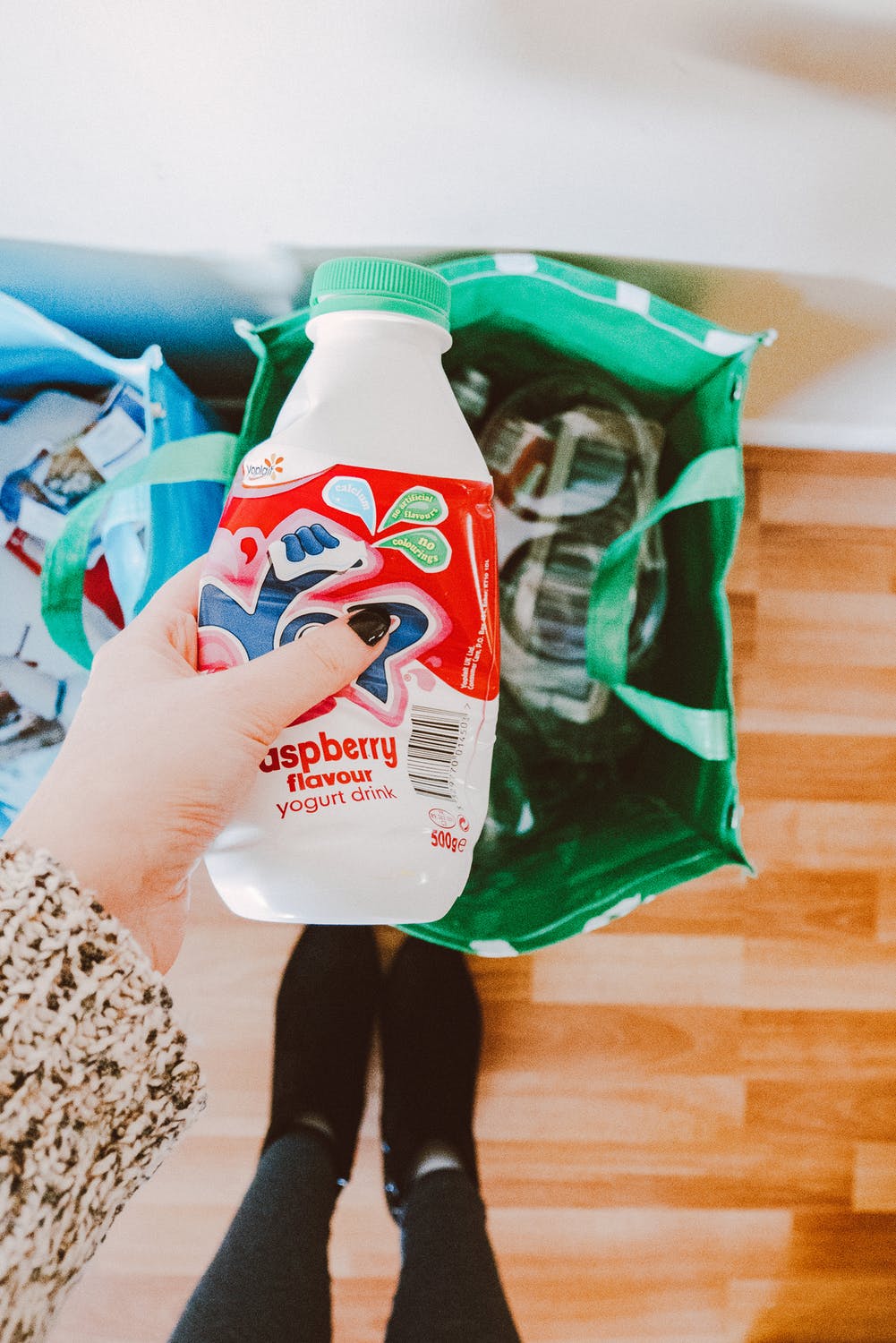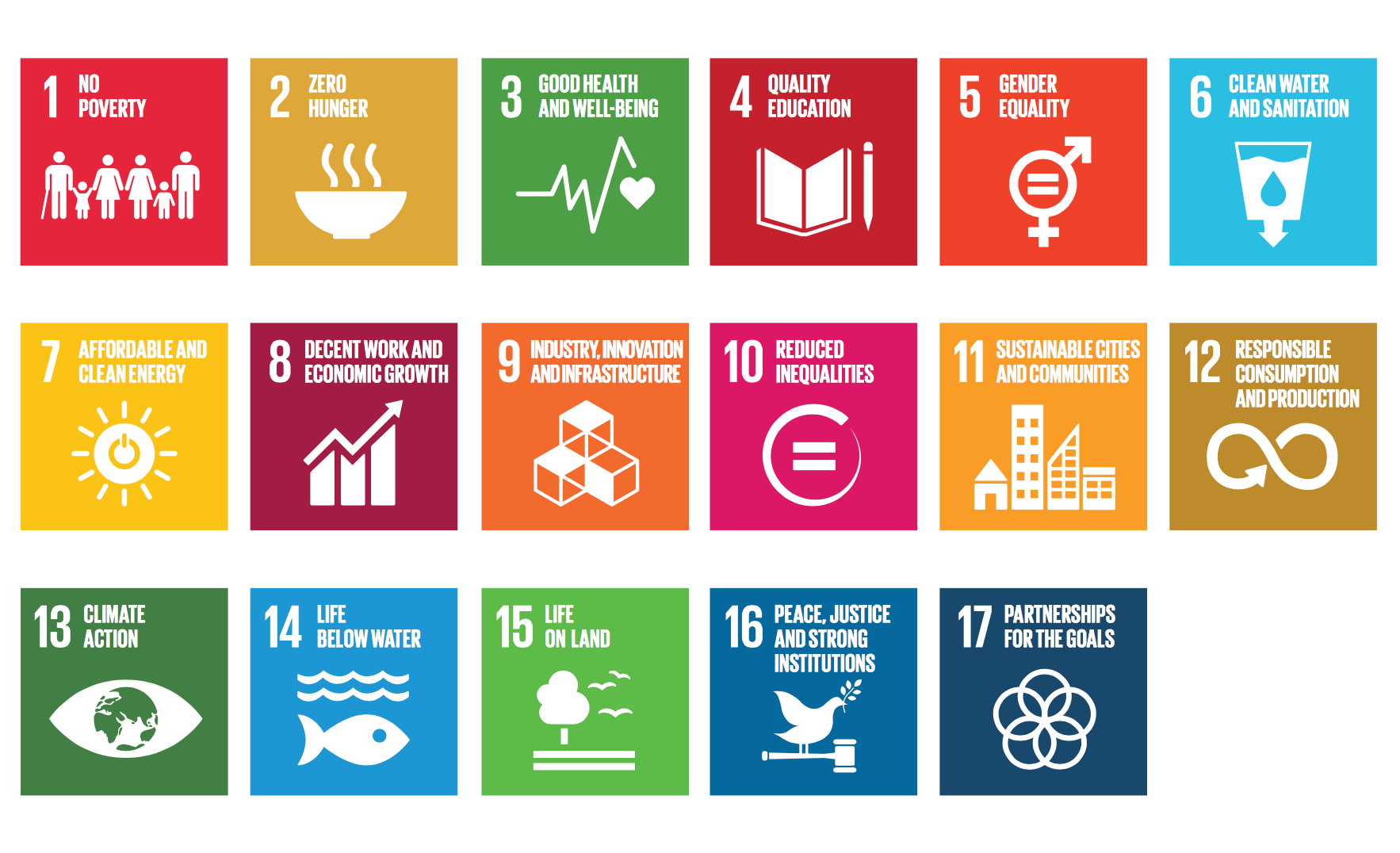Last year many Australians were surprised to learn that around half of our plastic waste collected for recycling is exported, and up to 70% was going to China.
So much of the world’s plastic was being sent to China that China imposed strict conditions on further imports. The decision sent ripples around the globe, leaving most advanced economies struggling to manage vast quantities of mixed plastics and mixed paper.
By July 2018, which is when the most recent data was available, plastic waste exports from Australia to China and Hong Kong reduced by 90%. Since then Southeast Asia has become the new destination for Australia’s recycled plastics, with 80-87% going to Indonesia, Malaysia, Thailand and Vietnam. Other countries have also begun to accept Australia’s plastics, including the Philippines and Myanmar.
But it looks like these countries may no longer deal with Australia’s detritus.
In the middle of last year Thailand and Vietnam announced restrictions on imports. Vietnam announced it would stop issuing import licences for plastic imports, as well as paper and metals, and Thailand plans to stop all imports by 2021. Malaysia has revoked some import permits and Indonesia has begun inspecting 100% of scrap import shipments.
Why are these countries restricting plastic imports?
The reason these countries are restricting plastic imports is because of serious environmental and labour issues with the way the majority of plastics are recycled. For example, in Vietnam more than half of the plastic imported into the country is sold on to “craft villages”, where it is processed informally, mainly at a household scale.
Informal processing involves washing and melting the plastic, which uses a lot of water and energy and produces a lot of smoke. The untreated water is discharged to waterways and around 20% of the plastic is unusable so it is dumped and usually burnt, creating further litter and air quality problems. Burning plastic can produce harmful air pollutants such as dioxins, furans and polychlorinated biphenyls and the wash water contains a cocktail of chemical residues, in addition to detergents used for washing.
Working conditions at these informal processors are also hazardous, with burners operating at 260-400℃. Workers have little or no protective equipment. The discharge from a whole village of household processors concentrates the air and water pollution in the local area.
Before Vietnam’s ban on imports, craft villages such as Minh Khai, outside Hanoi, had more than 900 households recycling plastic scraps, processing 650 tonnes of plastics per day. Of this, 25-30% was discarded, and 7 million litres of wastewater from washing was discharged each day without proper treatment.
These recycling villages existed before the China ban, but during 2018 the flow of plastics increased so much that households started running their operations 24 hours a day.
The rapid increase in household-level plastic recycling has been a great concern to local authorities, due to the hazardous nature of emissions to air and water. In addition, this new industry contributes to an already significant plastic litter problem in Vietnam.
This article was originally published by The Conversation. Click here to read entire article.
DISCOVER THE FUTURE OF SUSTAINABILITY
Join the discussion on the current challenges, successes and opportunities for Australia’s sustainability practices at the 2019 National Sustainability Conference this April.
Find out more here.

Like this:
Like Loading...







